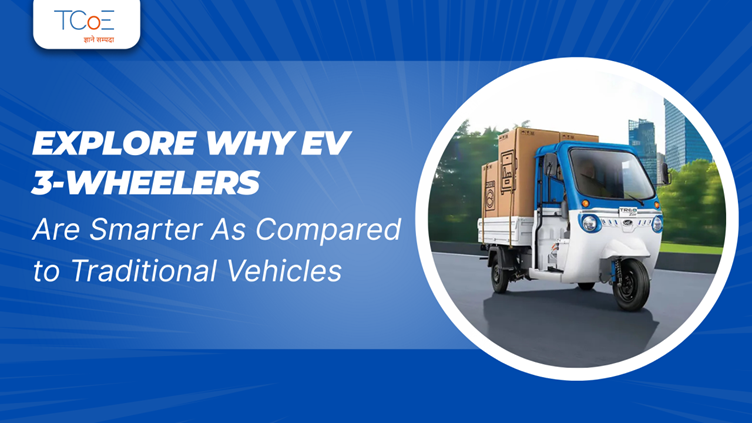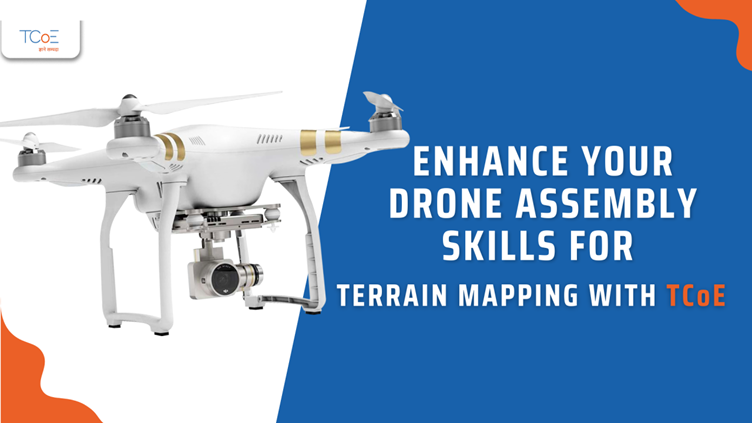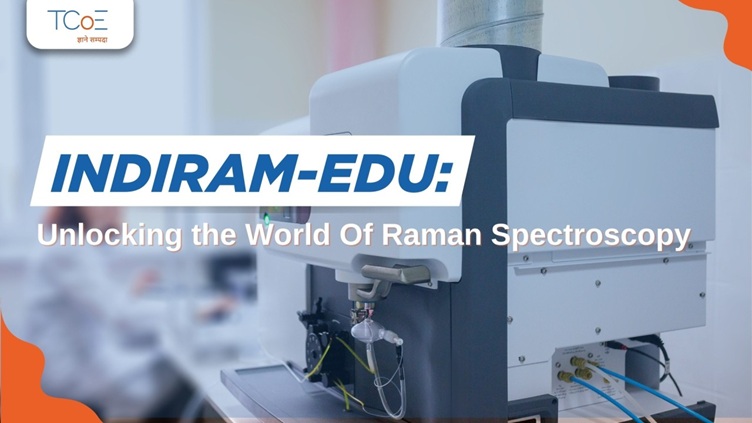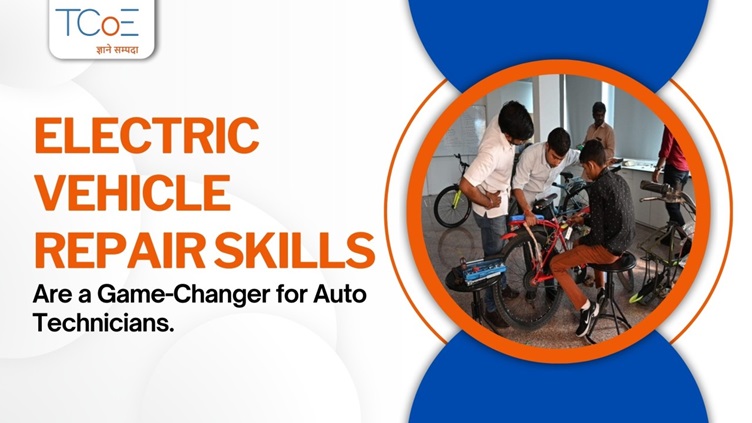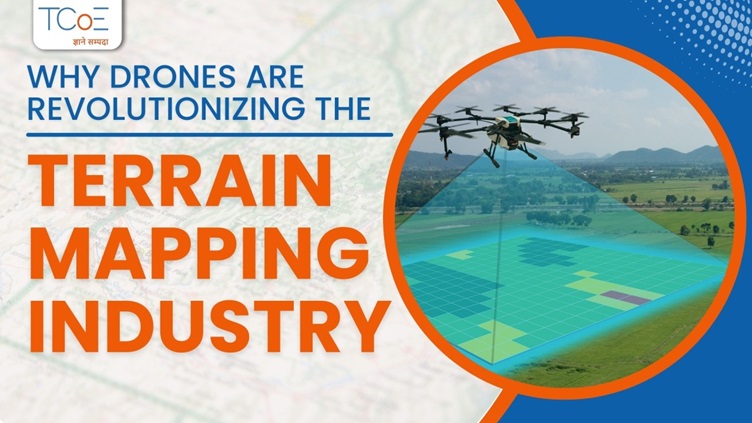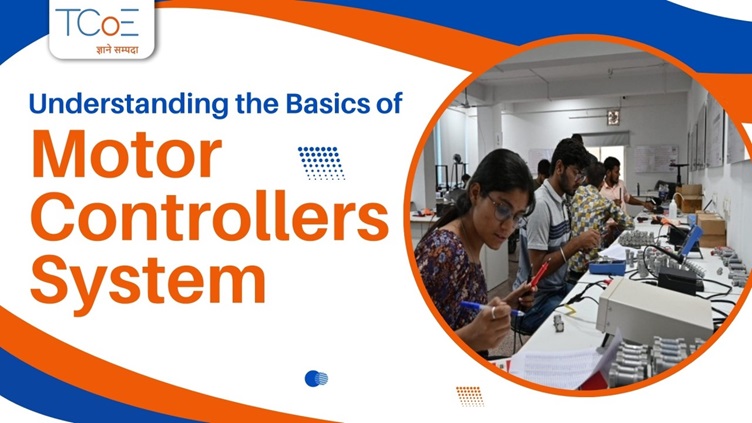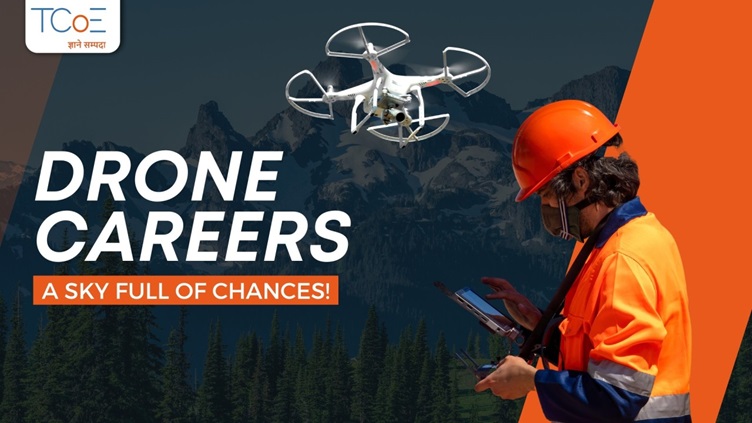Real-World Applications of Embedded Systems in Everyday Life
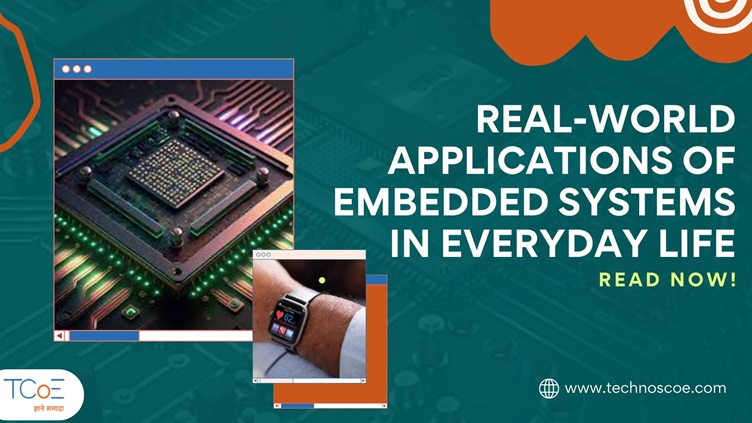
Embedded systems are specialized computers designed to perform specific tasks within a larger system. Unlike personal computers, they are not general-purpose and have limited resources like memory and processing power. However, their compact size, low power consumption, and real-time response capabilities make them ideal for a vast array of applications. Let's delve into some of the fascinating ways embedded systems are woven into the fabric of our everyday lives:
1. Smart Appliances: Our homes are becoming increasingly intelligent, and embedded systems are at the heart of this transformation. From refrigerators that optimize energy consumption based on usage patterns to washing machines with self-diagnosing capabilities, these tiny computers automate tasks, improve efficiency, and enhance user convenience.
Fun Fact: Some high-end washing machines feature embedded systems that can even adjust water levels and wash cycles based on the weight and fabric type of the laundry load!
2. Wearable Technology: The fitness trackers and smartwatches adorning our wrists rely on embedded systems to track steps, monitor heart rate, and analyze sleep patterns. These systems efficiently collect and process data, providing valuable insights into our health and fitness.
Fun Fact: Some advanced wearable devices use embedded systems to analyze sleep patterns and provide personalized recommendations for better rest.
3. Transportation Systems: Modern vehicles are a marvel of embedded systems. From engine control units that optimize performance and fuel efficiency to anti-lock braking systems (ABS) that ensure safety, these systems work seamlessly to provide a smooth and controlled driving experience.
Fun Fact: Embedded systems are also crucial for the development of self-driving cars. They play a vital role in processing sensor data, making real-time decisions, and navigating vehicles autonomously.
4. Medical Devices: Embedded systems are revolutionizing the healthcare industry. Pacemakers, for instance, rely on these systems to regulate heart rhythm, while insulin pumps utilize them to deliver precise insulin doses. These advancements are improving patient care and saving lives.
Fun Fact: Modern hearing aids employ sophisticated embedded systems that analyze sound environments and adjust settings in real-time, offering wearers a clearer and more personalized listening experience.
5. Consumer Electronics: The devices we use for entertainment wouldn't function without embedded systems. Gaming consoles, for example, utilize them to create immersive graphics and handle complex game mechanics. Similarly, embedded systems power our televisions, enabling features like high-definition picture quality and smart TV functionalities.
Fun Fact: Even your humble coffee maker likely contains an embedded system that controls brewing temperature and timing, ensuring a consistently perfect cup of coffee every morning.
6. Industrial Automation: Embedded systems are the backbone of modern industrial processes. They are used to control robots in assembly lines, optimize production schedules in factories, and monitor energy consumption in power plants. These systems ensure efficiency, reduce errors, and contribute significantly to industrial output.
Fun Fact: Embedded systems are even being used in agriculture! Smart irrigation systems powered by these tiny computers can analyze soil moisture levels and deliver water precisely where it's needed, optimizing water usage and crop yields.
7. Security Systems: Our homes and businesses are guarded by sophisticated security systems that rely on embedded systems. These systems process sensor data from cameras, motion detectors, and alarms, triggering alerts and initiating security protocols in the event of an intrusion.
Fun Fact: Access control systems in buildings often utilize embedded systems with RFID (Radio Frequency Identification) technology. These systems allow authorized personnel to enter secure areas with a simple tap of their access card.
Conclusion
Embedded systems are ubiquitous in our world, silently working behind the scenes to automate tasks, improve efficiency, and enhance our lives. As technology continues to evolve, the applications of embedded systems will undoubtedly expand even further.
Are you interested in a career at the forefront of technological innovation?
TechnoS Centre of Excellence (TCoE) offers a variety of industry-focused courses that equip you with the skills and knowledge needed to thrive in the exciting world of embedded systems. With our hands-on learning approach and globally recognized certifications, TCoE can be your stepping stone to a rewarding career in this dynamic field. Visit our website today to learn more about our programs and take the first step towards your future in embedded systems!

